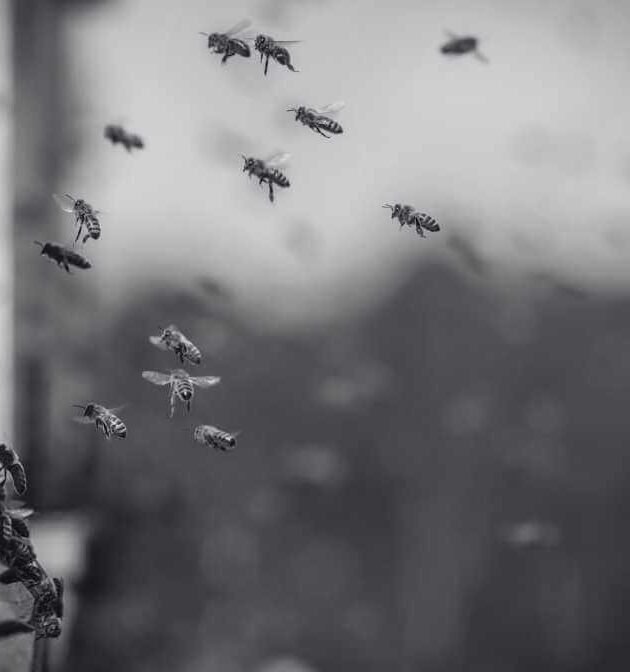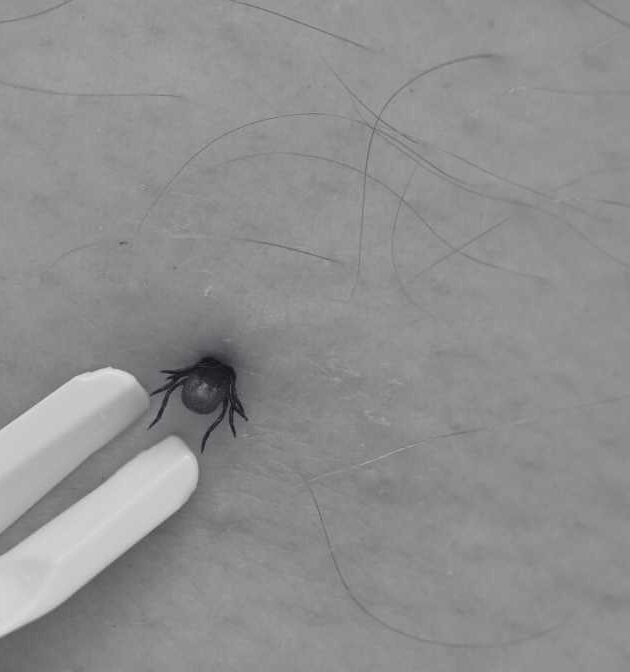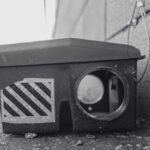
Rat Trap and Proofing Solution
June 5, 2025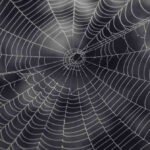
Identifying Common Spider Species in Malaysia
June 9, 2025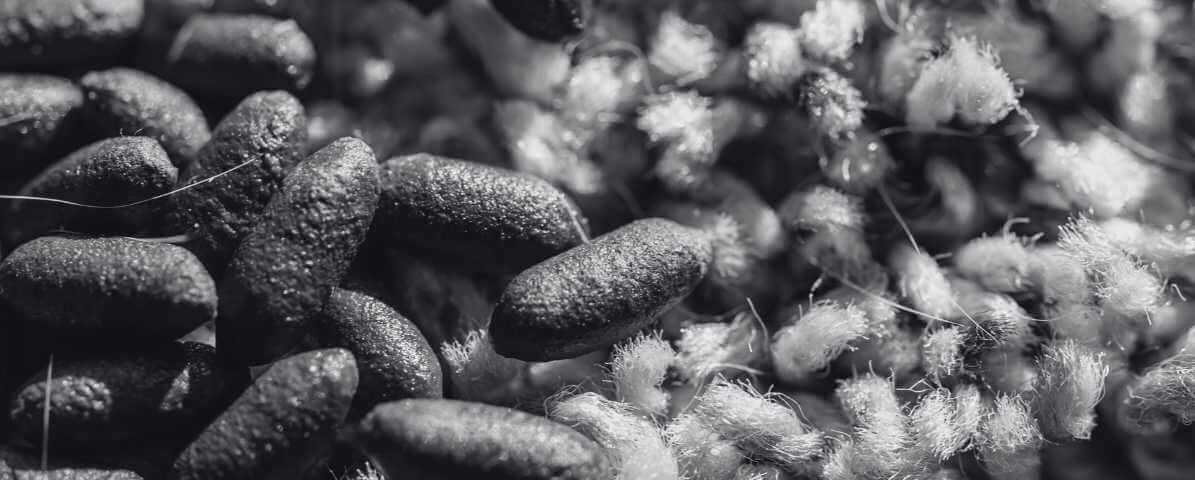
Rodent Blog
Handling or coming into contact with rat droppings and rat urine can pose serious health dangers. Because these body fluids often contain harmful bacteria and viruses.
How They Signal a Rodent Problem and What You Should Do?
Rat Droppings and Urine in Your Property
Rodents like rats are more than just a household nuisance, they pose serious health risks. Recognising signs of rodent activity, such as rat poop and rat urine, is crucial in identifying a rodent infestation. In Malaysia, where warm climates and urban settings foster rat populations. Understanding how to spot these signs and what steps to take can protect your family and property.
Our experts explain how to identify rat droppings and urine, highlighting the health risks. Including rat urine disease and provides safety tips for handling contaminated areas.
How to Identify Rat Poop and Droppings?
Identifying Rat Droppings and Urine
In every home or business, rats are often the first signs of trouble. Their presence can be invisible until you notice rat droppings or a foul smell. These signs indicate a rodent infestation, which if left unchecked, can lead to serious health issues. Recognising signs of activity and health risks, rat poop and rat urine impose are vital steps toward effective control.
How do you know that rats are present infesting your property? The answer lies in examining their droppings and urine. By observing rat poop, droppings and signs of rat urine, you can confirm the presence of rats and take appropriate action.
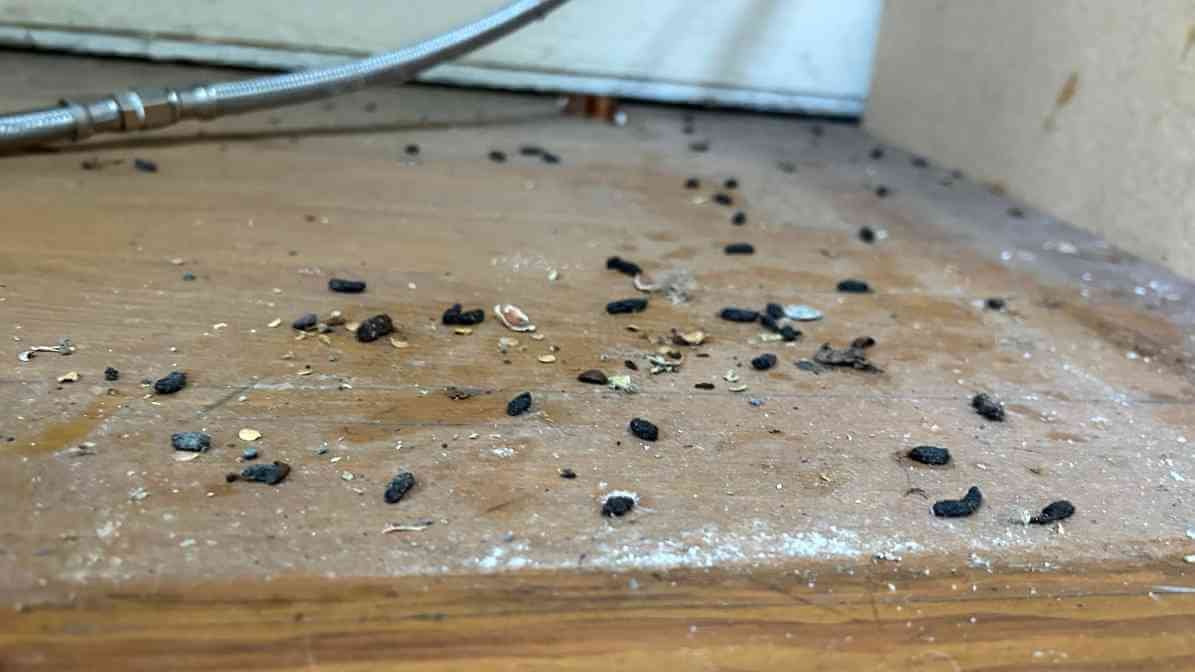
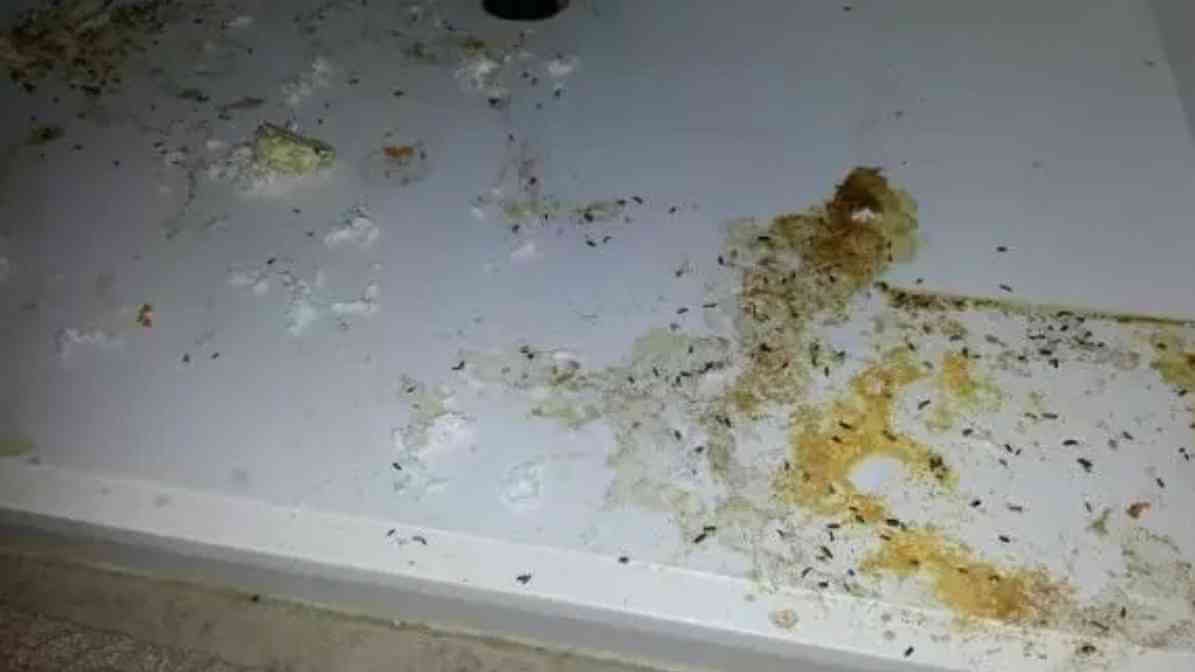
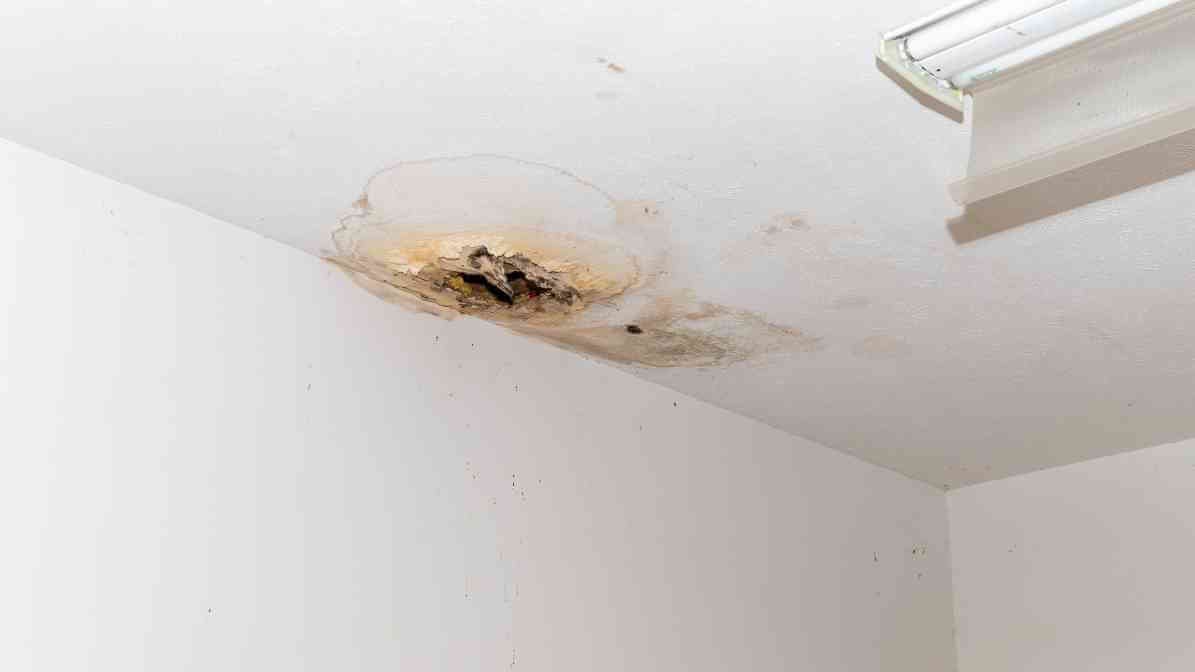
Rat Poop / Droppings
- Appearance: Usually dark brown or black, rat droppings are about 1/2 inch long. They look similar to a capsule shape, with blunt end.
- Location: Found along runways, near food storage, behind appliances or in dark corners.
- Significance: The presence of rat droppings signals active rodent infestations.
Rat Urine
- Invisible to the naked eye, only detectable through specific signs or testing.
- Scent: Often has a strong, ammonia-like odour, especially in confined areas.
- Signs of contamination: Fresh rat urine may be visible as small, wet spots or body fluids on surfaces.
Signs of Rat Infestation and Health Risks
Health Risks Associated with Rat Droppings and Urine
Why is rat droppings and urine dangerous to human? Because rat poop and rat urine can carry harmful diseases. One such disease that is the "rat urine disease", which includes illnesses like leptospirosis. It can be transmit through contact with contaminated water or body fluids.
People exposed to infected animals or contaminated environments are at risk of developing symptoms that require prompt medical attention. Health concerns include:
Infections: Caused by bacteria present in rat urine and droppings.
Muscle aches: A common symptom of infection from rodent-borne illnesses.
High fever: A sign of serious infection, including rat urine disease.
Effects on skin and eyes: Contact with contaminated body fluids can cause irritation or more severe reactions. Especially if the mucous membrane reaches areas like the eyes or mouth.
How Diseases Are Transmit to Human?
The Hidden Dangers of Rat Droppings and Rat Urine Disease
Rat urine and droppings should never be ignore or cleaned without proper precautions. Transmission routes include:
Contact with rat poop or body fluids
Handling or disturbing contaminated materials can expose you.
Contaminated water
Drinking or coming into contact with water polluted by rat urine spreads bacteria.
Person to person
If sick rodent fluids contact your skin or are inhale in poorly ventilated areas sickness can spread.
Infected animals
Pets or livestock that contact infected rodents might also carry the disease.
Signals Of A Rodent Problem And What You Should Do?
Safety Precautions When Handling Rat Droppings and Urine
Handling rat poop and rat urine can pose serious health risks because these body fluids can carry harmful diseases. To protect yourself and your loved ones, essential to follow strict safety precautions while cleaning up or in contact. Protect yourself to avoid disease transmission:

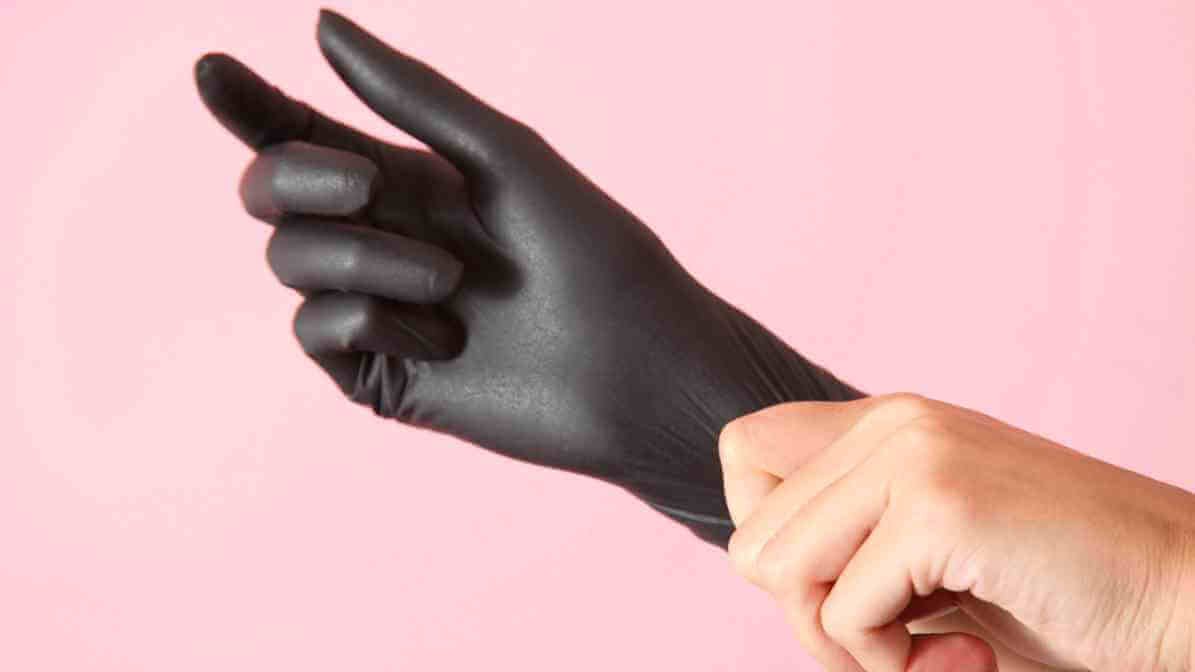
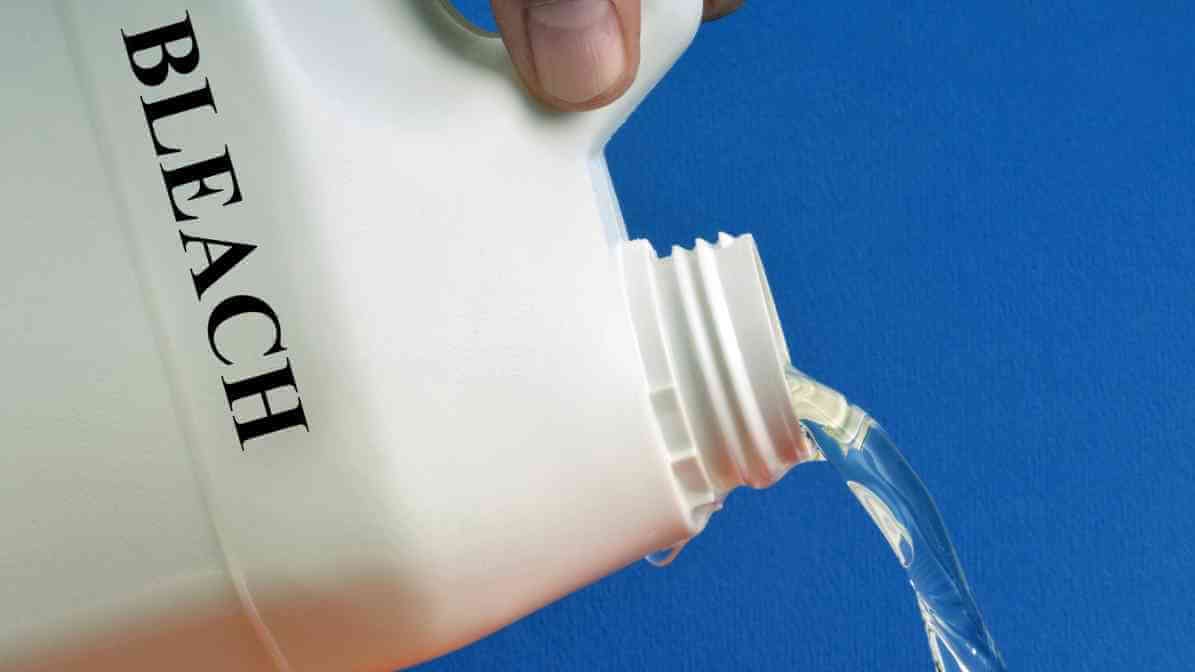
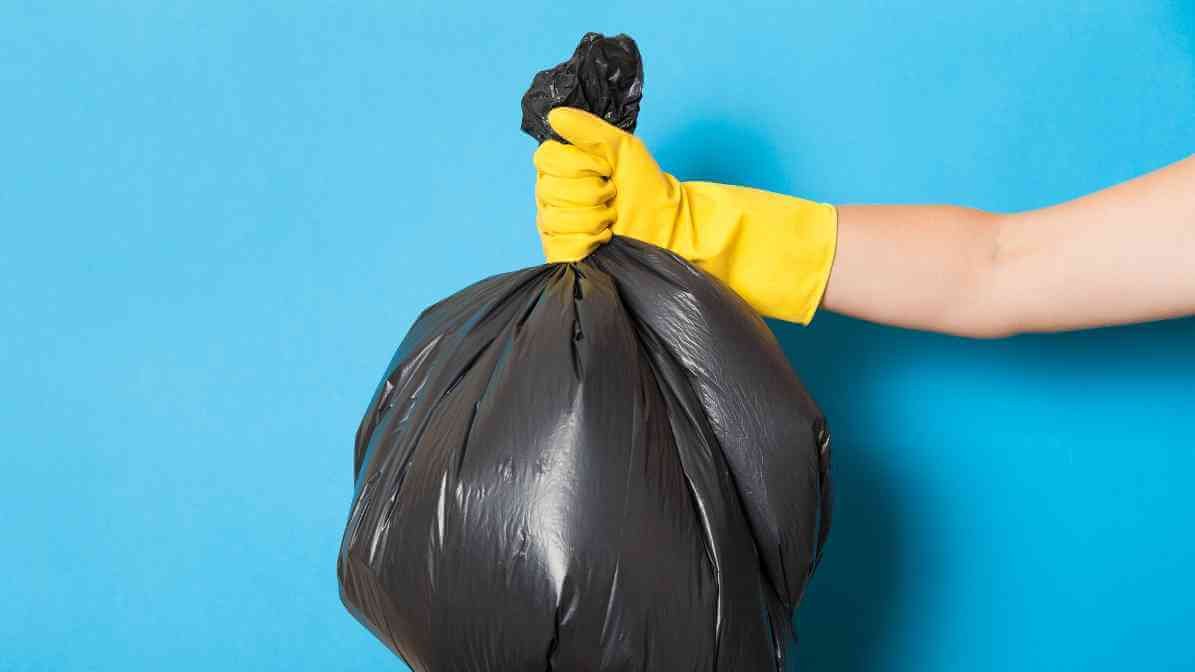
Always wear protective clothing, such as rubber or plastic gloves and personal protective equipment before cleaning contaminated areas.
Wearing gloves is essential when handling rat poop or cleaning contaminated water.
Use a bleach solution (mix one part bleach with ten parts water) and paper towels to mop or sponge the area thoroughly.
Dispose of contaminated materials in a plastic bag tied securely before throwing away.
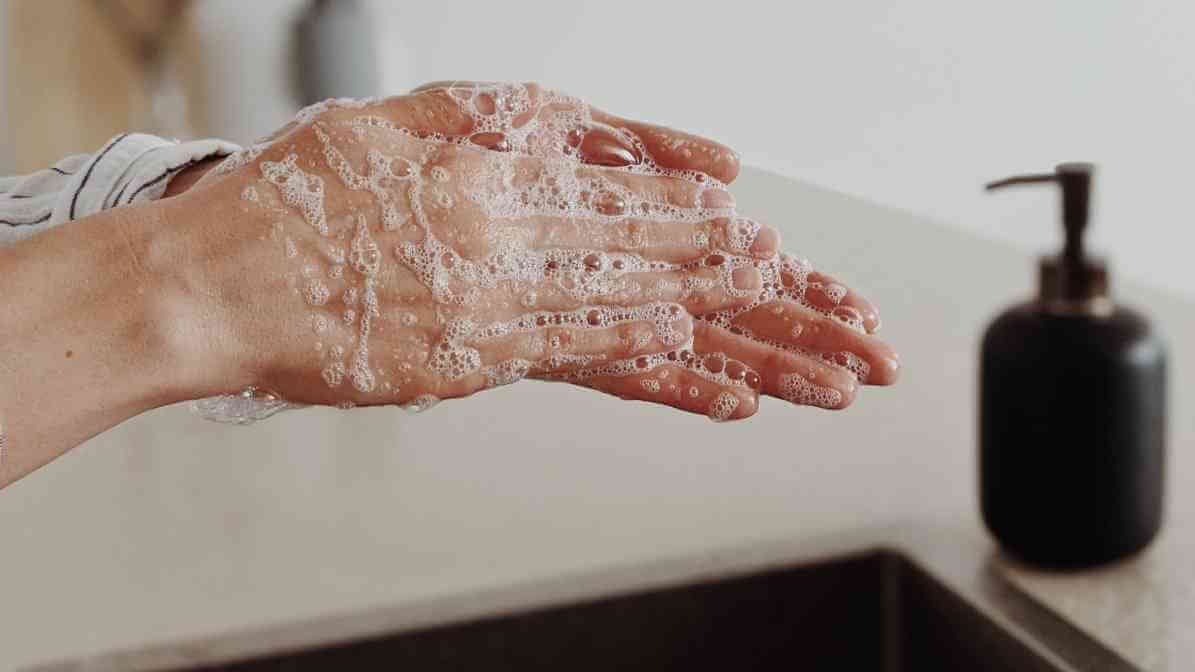
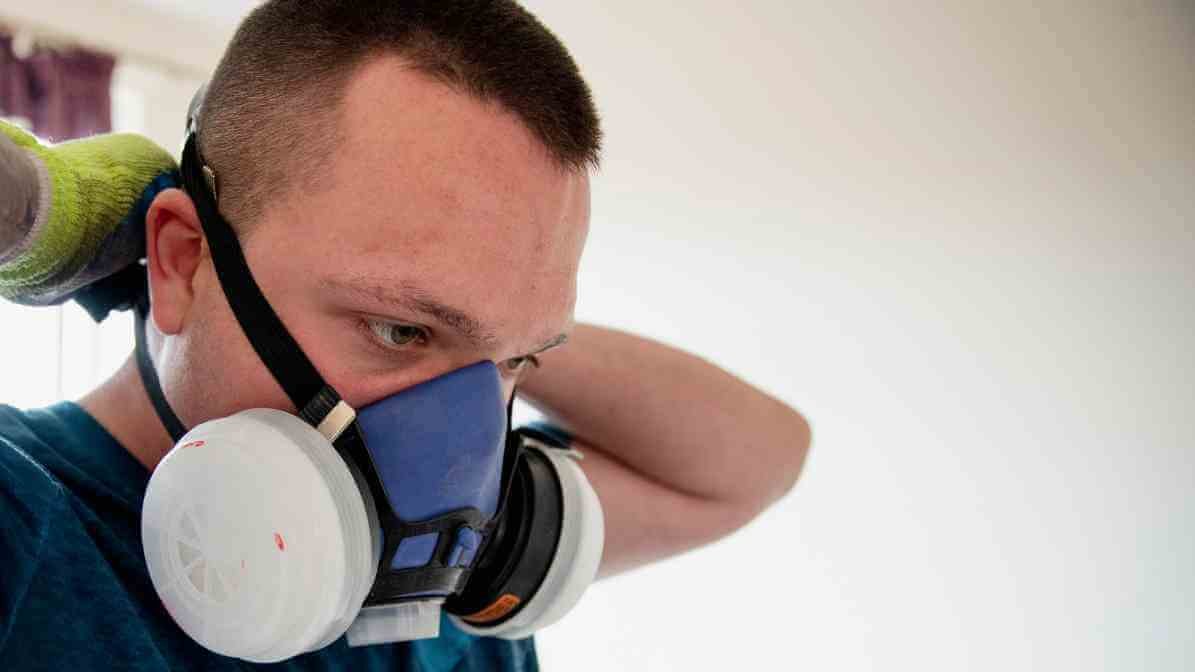


After cleaning, wash your hands thoroughly even if you wore gloves and wash personal protective equipment after use.
Control dust: If working in dusty areas, wear a mask or respirator to prevent inhalation of airborne pathogens.
Limit exposure time: Minimise the time cleaning heavily contaminated areas.
Seek medical advice: If you suspect exposure to infected animals or contaminated body fluids, consult a healthcare professional promptly. Symptoms like muscle aches, high fever or unusual rashes may indicate infection.
How Can I Identify Rat Droppings?
Rat droppings are typically dark brown or black and capsule-shaped, about 1/2 inch long with a blunt end. You can usually find them along rat paths, in food storage areas or near nests.
Effective Methods to Control and Prevent Rodent Infestations
Innovative Pest Management in Malaysia
Once you’ve identified signs like rat poop and rat urine, it’s important to act quickly with proper rodent control methods. Here’s how:
Use Rat Traps
- Snap traps are effective for quickly killing rats and are widely used in control in Malaysia. Position them along known rat runways or near entry points.
- Rat trap cages, which are humane, allow you to trap rats alive and release them far away from your property.
Deploy Rat Bait Stations
- Use poison bait inside secure bait stations, designed control devices that prevent accidental exposure to children and pets.
- Common rat poison rodenticides, such as those containing zinc phosphide or generation anticoagulants. They work by causing internal bleeding or kidney failure in rats.
Eliminate Entry Points and Food Sources
- Seal gaps and cracks around entry points with steel wool, cement or mesh to block access.
- Keep food in airtight containers and clean up scraps immediately.
- Mop or sponge the area where rat droppings with disinfectant solutions to remove body fluids and reduce infection risks.
Maintain Cleanliness and Remove Clutter
- Regularly clean and sanitise areas prone to rodent infestations.
- Remove clutter such as paper, cardboard, or fabric that rats can use to build nests.
Deploy Rodent Deterrents
- Use rodent deterrents like ultrasonic repellents or natural deterrents (peppermint oil, vinegar). These are most effective when combined with physical proofing measures.
Engage Innovative Professional Pest Control Services
- If infestations are severe, contact a rat control service that uses Integrated Pest Management (IPM).
- Professionals can identify entry points, set traps, apply safe baits and provide ongoing prevention strategies.
Professional Rodent Control Services
Innovative Pest Blog Summary
Recognising rat poop and rat urine early can help prevent serious health problems. These signs not only point toward a rodent infestation. Also indicate potential exposure to rat urine disease and other illnesses. Always remember to wear protective clothing rubber or plastic gloves, personal protective equipment.
And dispose of rat droppings carefully by mop or sponge the area with disinfectant and placing waste in plastic bags. Avoid direct contact with body fluids and contaminated water. Prevention remains the best strategy, seal entry points, maintain cleanliness and use humane traps and bait stations. For large problems, professional rodent control services are your best option to safeguard your home and loved ones.

